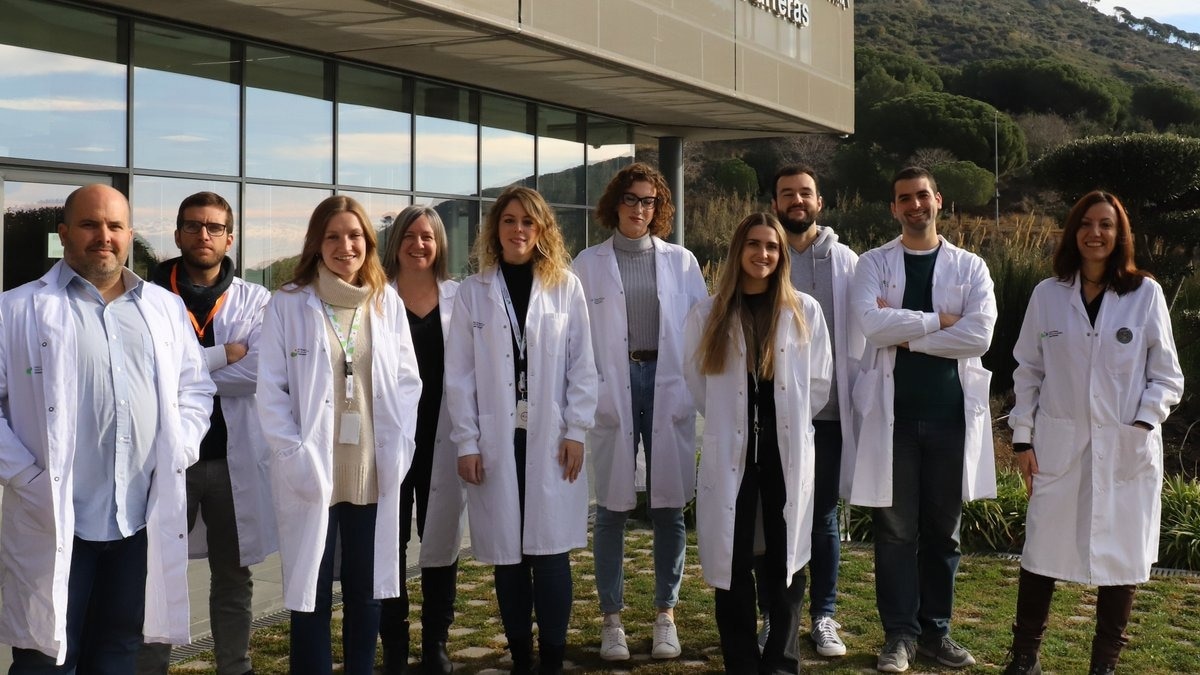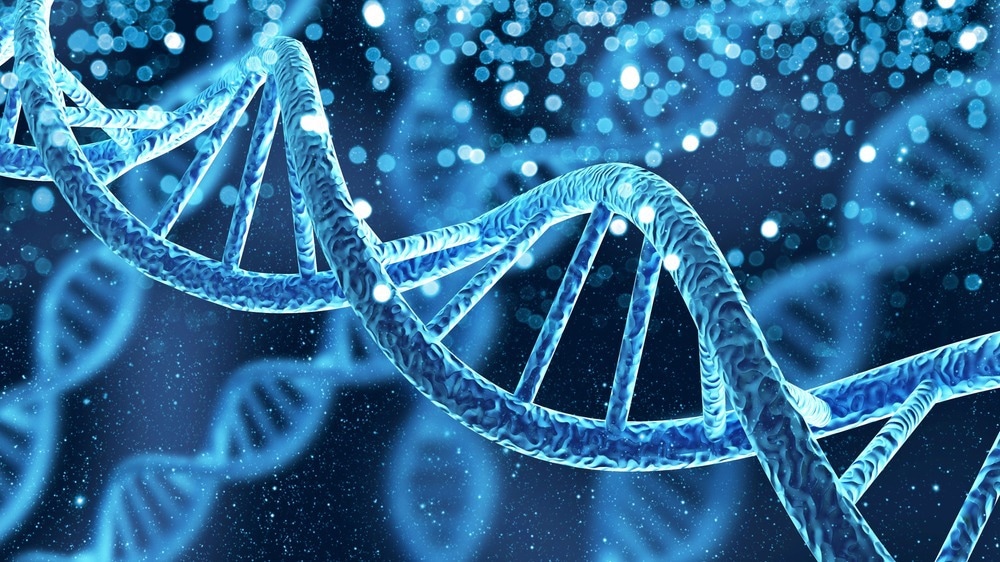Reviewed by Danielle Ellis, B.Sc.Apr 17 2023
Lung cancer patients who may not react well to immunotherapy (ICB) could be identified by the oncogenic activation of MYC, an important gene in the development of cancer.

Image Credit: Josep Carreras Leukemia Research Institute
This is the major finding of a study that was recently released by a research team under the direction of Dr. Montse Sanchez-Cespedes, Principal Investigator of the Cancer Genetics group at the Josep Carreras Leukemia Research Institute.
Their findings point out a significant cause of poor response and provide a novel method for the early identification of individuals who will respond well to ICB or who may need other therapies.
Immune Checkpoint Blockade, or ICB therapy, has become the gold standard for treating lung cancer because of its often-favorable results. Up until now, the main indicator of a favorable response to treatment has been high levels of the PD-L1 protein.
However, despite having naturally large quantities of this protein, many lung cancer tumors do not react to ICB treatment; in contrast, tumors with low levels of the same protein do. Patients may live longer and healthier lives if it is known in advance which patients will react strongly. This could additionally save precious time.

Image Credit: Billion Photos/Shutterstock.com
To boost the immune system’s response against the tumor cells, the ICB treatments block PD-L1 and its partner PD1. These two proteins interact with one another to prevent an overactive immune system that could be harmful to the organism. PD-L1 is typically found in cell membranes, including those of cancer cells, and works with PD-1, which is found in immune cells, to prevent autoimmunity.
Together, they form the natural defense against autoimmunity. This prevents the immune system from eliminating cancer cells in the case of a tumor, which is why the ICB treatment tries to prevent this contact.
On the other side, tumors are discovered to have less PD-L1. How are they fending off a potent immune attack without this immune-limiting tactic?
A team led by Dr. Sanchez-Cespedes stated in a recent issue of the academic journal Cell Reports Medicine that many tumors with low PD-L1 have evolved genetic defenses against gamma interferon’s ability to kill tumor cells.
The immune system cannot destroy tumor cells because the gamma interferon, which immune cells generate, is a potent immune response booster.
One of these genetic methods used by tumor cells is the activation of the oncogene MYC, which sets off a chain of events that stops the gamma interferon from working inside the cell.
Due to the association between tumors with MYC genetic activation and a worse prognosis following ICB treatment, experimental studies suggest that this could be a powerful and accurate predictor of responsiveness to ICB in cancer patients.
The recently published results might influence future clinical trials to determine whether MYC status can be used as a better indicator than PD-L1 abundance to choose patients for ICB or similar treatments. This could have a significant impact on the clinical management of lung cancer.
Source:
Journal reference:
Alburquerque-Bejar, J. J., et al. (2023). MYC activation impairs cell-intrinsic IFNγ signaling and confers resistance to anti-PD1/PD-L1 therapy in lung cancer. Cell Reports Medicine. doi.org/10.1016/j.xcrm.2023.101006